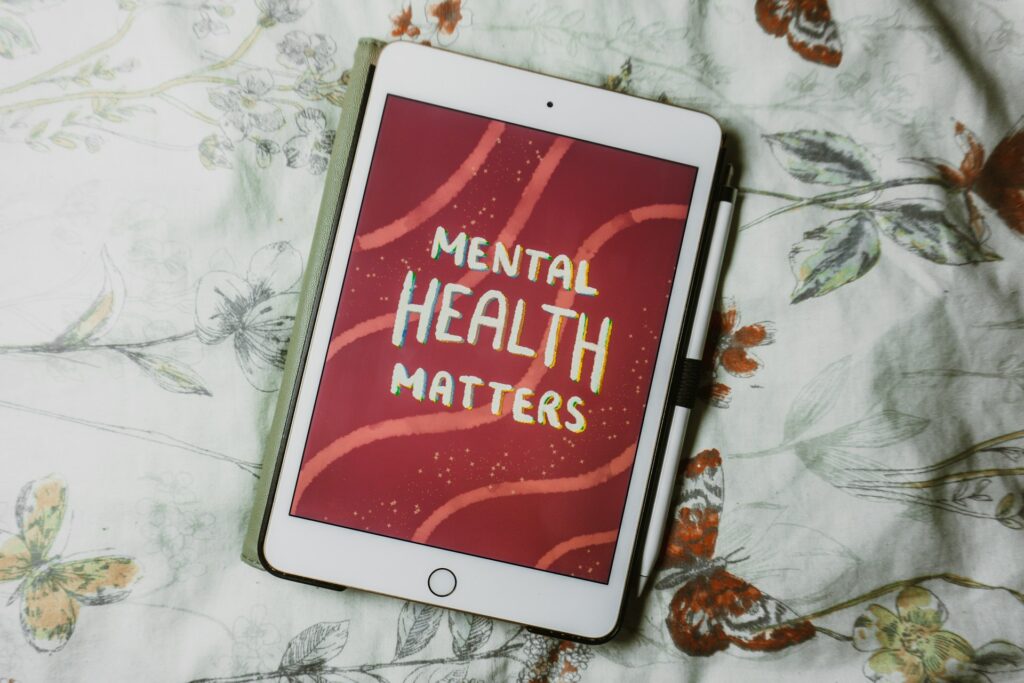
In today’s busy world, self-care is no longer just a luxury—it’s a necessity. Taking care of yourself, both physically and mentally, is essential for living a balanced, fulfilling life. Self-care routines that prioritize your well-being can reduce stress, increase happiness, and improve overall health. Whether you’re looking to boost your energy levels, enhance your mental clarity, or just take a break from the hustle, here are some effective self-care practices for nurturing your body and mind.
1. Create a Morning Routine
The way you start your day sets the tone for everything that follows. A mindful morning routine can help you feel grounded, energized, and ready to tackle the day. Include activities that promote both physical and mental health, such as light stretching or yoga, drinking a glass of water, and practicing gratitude.
Tip: Set aside 10-15 minutes each morning to engage in a calming practice like meditation, journaling, or deep breathing exercises. This can help reduce anxiety and clear your mind before the day begins.
2. Exercise Regularly for Physical Health
Exercise is one of the most important self-care practices for both your body and mind. Regular physical activity improves cardiovascular health, strengthens muscles, enhances flexibility, and reduces stress. Whether you enjoy running, swimming, cycling, or practicing yoga, find an activity that feels good to you and make it a consistent part of your routine.
Tip: Aim for at least 30 minutes of moderate exercise most days of the week. If you’re new to exercise, start slow and gradually increase the intensity as your fitness level improves.
3. Prioritize Sleep
Sleep is vital for maintaining good physical and mental health. It’s during sleep that your body repairs itself, consolidates memories, and refreshes your mind. A good night’s rest helps you feel more energized, focused, and emotionally balanced the next day. Make sleep a priority by creating a bedtime routine that promotes relaxation.
Tip: Aim for 7-9 hours of sleep each night. Avoid screens for at least an hour before bed, and consider incorporating calming activities like reading, taking a warm bath, or listening to soothing music to help you wind down.
4. Practice Mindfulness and Meditation
Taking care of your mental health is just as important as caring for your body. Mindfulness and meditation can help you stay grounded, manage stress, and improve emotional resilience. These practices allow you to focus on the present moment, which can help reduce feelings of anxiety and overwhelm.
Tip: Start with just 5-10 minutes of meditation or deep breathing each day. Apps like Headspace or Calm can guide you through mindfulness exercises, making it easier to develop a regular practice.
5. Eat Nourishing Foods
A healthy diet is key to maintaining physical well-being. The foods you eat directly impact your energy levels, mood, and overall health. Include nutrient-dense foods like fruits, vegetables, whole grains, lean proteins, and healthy fats in your diet. Avoid overly processed foods and excess sugar to help keep your energy steady and mood balanced.
Tip: Prepare meals in advance to ensure you always have healthy options available. Keep hydrated by drinking plenty of water throughout the day.
6. Unplug and Take Breaks from Technology
Constant exposure to screens can contribute to stress, anxiety, and burnout. Make self-care a priority by setting boundaries around your use of technology. Taking regular breaks from screens allows you to recharge and be more present in the moment.
Tip: Designate certain times of the day as “screen-free” hours. Use this time to engage in offline activities like reading, going for a walk, or spending time with loved ones.
7. Nurture Your Relationships
Healthy relationships are a cornerstone of emotional well-being. Spending time with friends, family, and loved ones can boost your mood, improve your sense of connection, and provide a valuable support system during tough times. Make time for regular social interactions and meaningful conversations.
Tip: Schedule weekly or monthly hangouts with friends or family. Even a quick chat or video call can improve your mental health and help you feel connected.
8. Engage in Hobbies and Creative Outlets
Engaging in hobbies and creative activities helps reduce stress and provides an outlet for self-expression. Whether it’s painting, gardening, knitting, writing, or playing a musical instrument, finding a hobby you love can provide joy and relaxation, while also boosting your self-esteem and sense of achievement.
Tip: Dedicate at least 30 minutes a week to a hobby or creative activity you enjoy. This can be a great way to unwind and focus on something outside of work or daily stress.
9. Set Boundaries and Say No
One of the most important aspects of self-care is learning how to set boundaries. Saying yes to everything can lead to burnout and resentment. It’s okay to say no when you need to protect your time, energy, and well-being. Setting clear boundaries helps prevent overwhelm and allows you to focus on what truly matters.
Tip: Be mindful of your limits and practice saying no when necessary. Prioritize activities that align with your values and well-being.
10. Practice Gratitude
Gratitude is a powerful tool for enhancing both mental and physical health. Practicing gratitude shifts your focus from what you don’t have to appreciating the abundance in your life. It helps reduce stress, increases feelings of happiness, and promotes a positive mindset.
Tip: Take a few minutes each day to write down three things you’re grateful for. This simple practice can improve your mood and overall outlook on life.
Conclusion
Self-care is not a one-size-fits-all practice, but the key is to create a routine that supports both your physical and mental health. By incorporating activities that nourish your body, mind, and soul, you can build a foundation for long-term well-being. Remember, self-care is not selfish—it’s necessary for maintaining balance and thriving in all areas of life. Start small, be consistent, and prioritize your health today for a happier, healthier tomorrow.
Leave a Reply